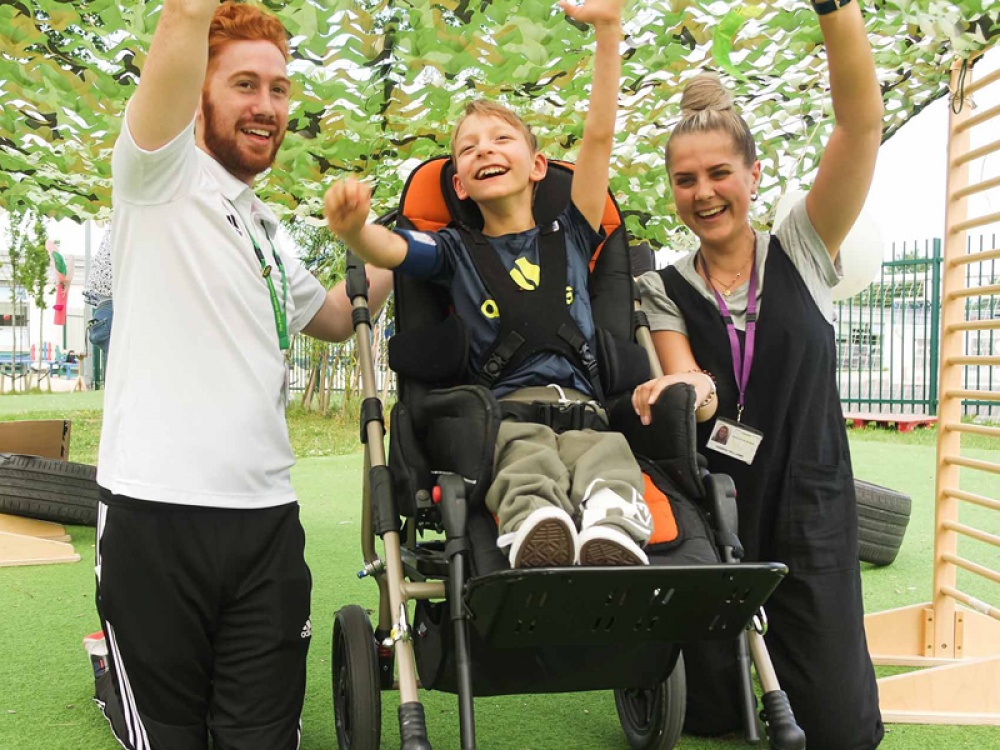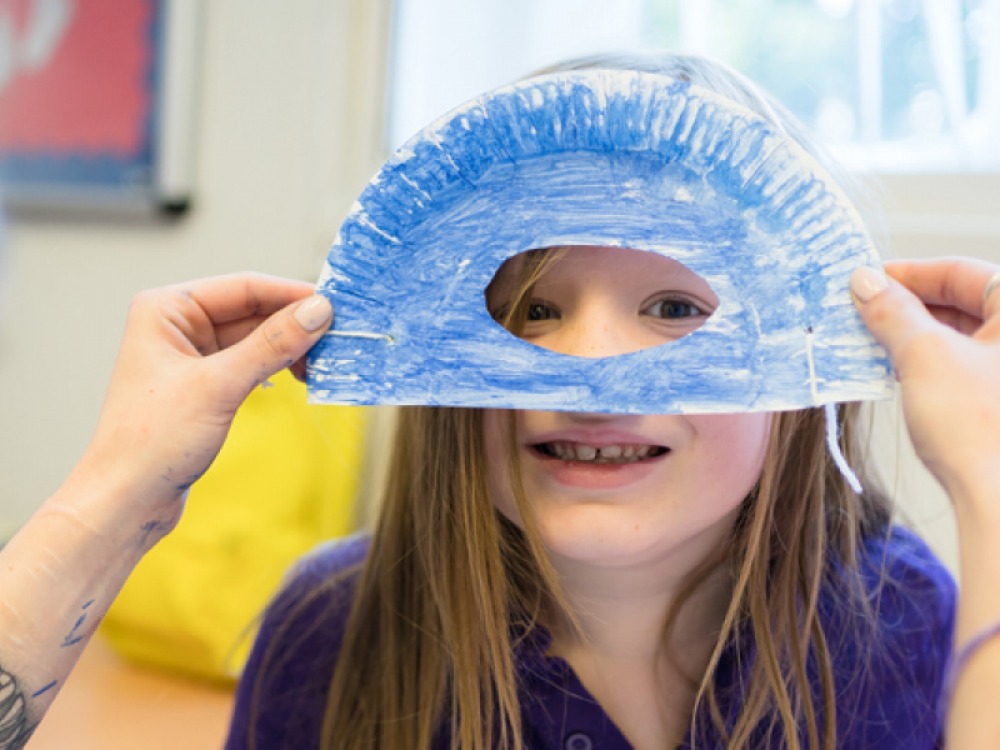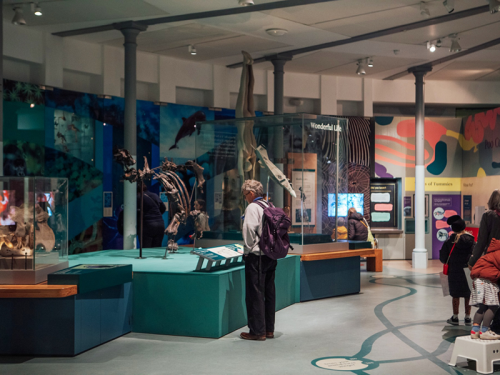Why We're Supporting the Percy Hedley Foundation at Living North's Christmas Fair

Living North's chosen charity for this year's Christmas Fair in Newcastle is the Percy Hedley Foundation
The Percy Hedley Foundation are the North East’s largest disability charity, supporting young people and adults with disabilities from Northumberland all the way to the Tees Valley. They run two schools, a college and four residential homes where they provide special education and care, as well as their Horizons lifelong learning service, which helps promote independence by supporting adults with various activities including daily living skills.
‘More than 650 people and their families were supported by the Foundation last year. That equates to 1.2 million hours of special education, activities, care and therapy delivered,’ says Andrew McGreevy, Director of Business Development at the Foundation. ‘Within that, we’ve got over 1,000 colleagues, so we’re a massive employer in the region too.’
The Foundation began in 1953 as a trailblazing school for 12 children with cerebral palsy – last year, they celebrated their 70th anniversary. ‘It’s a fantastic milestone and the Foundation’s longevity is a testament to how it’s been able to evolve through the years,’ Andrew says.

Now, Percy Hedley are a much-needed resource in the region. ‘The demand for our education services outweighs the supply,’ explains Andrew. ‘We’re also acutely aware of the shortage of specialist adult residential services across the region, so are focused on what we can do to help meet these needs with modern, purpose-built provisions.’
The difference the Foundation make to the lives of those they help is visible in every department. Andrew oversees the fundraising team, so sees it most here. ‘It sounds simple, but receiving funds from a trust to help purchase equipment to enable a child to learn in a way that is accessible to them and their needs, it’s absolutely mind-blowing to think that my team are helping to do that. It’s just brilliant,’ he says. ‘You get such gratification from being here, and to be able to relay that back to some of the funders and people that want to work with us, it’s massive to them as well. It really does help the Foundation move forward when you can tell stories like that.’
The Foundation work with businesses and philanthropists in order to continue their work. Andrew says, ‘We are always looking for funds, as every charity is, but the important thing for me is working with people whose values are aligned to the Foundation’s and those who fundamentally want to make a material difference to the lives of our beneficiaries.’
There are countless ways to get involved with the charity, from corporate to individual fundraising. ‘We had nearly 100 of our own participants at the recent Great North Run. We’re always open to working with organisations, big or small, and individuals who want to get involved in raising funds and awareness for a worthy cause,’ says Andrew.
In the future, the charity has plans to develop their residential services, such as independent supported living and step-down services. ‘We work closely with commissioners across the North East, so are aware of the challenges they face when seeking suitable accommodation for those with complex physical and cognitive disabilities,’ says Andrew. ‘Often individuals have been in secure hospital settings for a long time, or in placements outside of the region, and require the structure and tools to help them integrate back into their community; this is where our step-down model fits in, so support can be provided away from a hospital ward in a more homely environment. The natural progression for many people will then be into independent supported living, where they will hold their own tenancy and live as independently as possible.’
‘We’re a progressive foundation, we’re not going to stand still,’ he continues. ‘We’re looking at what we can do to make sure that everything our beneficiaries need in terms of new technology, enhanced staff training, all the things we can do to improve the outcomes for our beneficiaries, is there, and we can utilise those tools as best as possible.’









